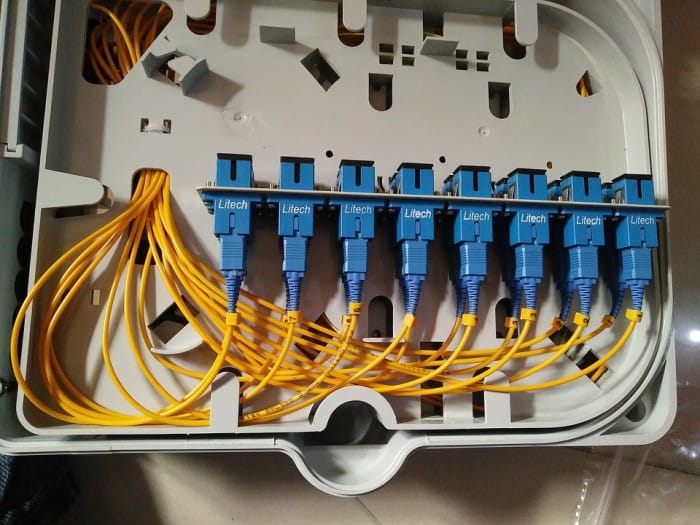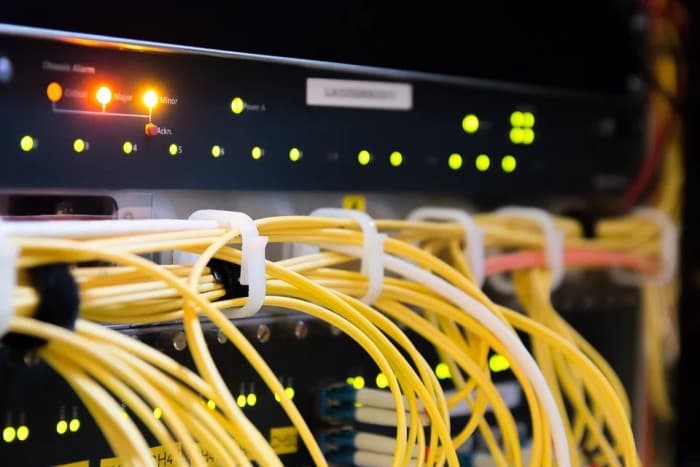
You may think that keeping your old broadband contract going for an extra year will save you money, but, in fact, this might be costing you more than it otherwise would. This is because quite often products that are new and exciting one year are considered old hat and rather dull the next – as well as this, systems have been perfected, and enough of the service has been sold that it can now be considered a standard offering rather than something special. This is just one of the reasons that cheap deals for broadband are more readily available than ever before. Here are some others:
More Competition
While BT used to own all the phone lines in the country, they had something of a monopoly, and every internet supplier had to use their services to connect their customers. Today, there are not only alternative phone line suppliers (The Post Office, being one) but fibre optic technology is spreading across the country, removing the need for a telephone line at all – and speeding up the broadband as it does. This is because, even the fastest product from BT sold as ‘fibre optic’ only uses fibre optics to the nearest junction box. From that junction box to the house, the old-fashioned copper-wire landline infrastructure is used, and even this small amount of copper wiring can be enough to slow down your browsing pleasure or make your streaming service lag a bit. Having a choice of products, means that customers can be fussier and more demanding in the option they choose: so broadband suppliers must include additional benefits to tempt customers to sign with them, or they must offer a better price for the same service.
Bundles
With more than one supplier of broadband, streaming services, and mobile phones, bundles are the latest thing. It is much better for a company to have everyone in the household included on a plan – they will be able to offer an expanded service for a few extra pounds per month at a cost of practically zero to the company. Offering all the services mentioned above on a monthly contract means that the scope for overall profit is massively increased, even as the household makes a good saving on these cheap deals too: the epitome of a win-win situation!

It’s a Service, Not a Product
While the infrastructure through which broadband is funnelled is certainly a tangible thing, needing regular maintenance and servicing, the broadband itself is a service: intangible, and able to be expanded or doubled up upon as needed. This can be seen by comparing old-fashioned internet connections which were painfully slow and required the whole use of a phone line, to a modern system where broadband runs into a home, easily supporting the connection of forty or fifty devices and still allowing the landline to be used as a phone! With this ability to squeeze ever more broadband out of set amounts of bandwidth, providers can reap immense profits even while maintaining and improving the network to high standards.
High Demand
Usually when there is high demand for a product, this pushes the price up. In the case of broadband networks, it is a little different. The network requires a certain amount of income to maintain and build itself. Another amount is required to pay the sales teams, the technicians who install the services, and, of course, shareholders and owners must be kept happy with regular dividends. Once this sum has been calculated, dividing out amongst the customer base arrives at a guide price that must be met: it is easy to see that more customers will each pay less, while the company still makes very good profits – allowing them to push their price down a little in order to attract even more customers from the competition!

To make sure you are getting the absolute best deal available, check out broadband comparison site Broadband Choices today to get access to a range of offers in a fraction of the time it would take you to gather the information on your own.
